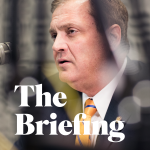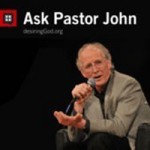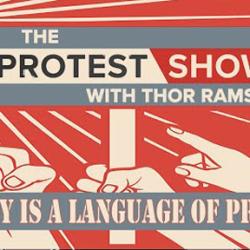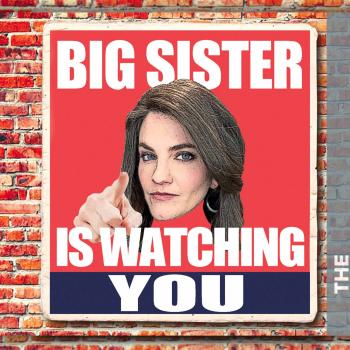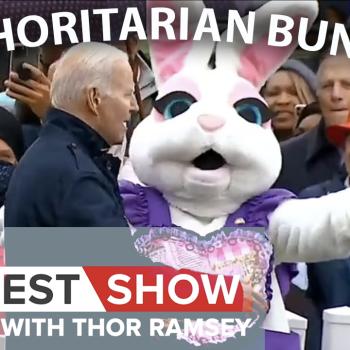
Bryan Finnemore was a self-described fundamentalist Christian. At the hydro-electric company where he worked, he oftentimes overheard a lot of vulgar statements that did not sit well with his religious beliefs and eventually filed a religious discrimination claim. Learn what the Supreme Judicial Court of Maine said about his claim at FirstLiberty.org/Briefing.
Thank you for joining us for the First Liberty Briefing, an exclusive podcast where host Jeremy Dys—also First Liberty Senior Counsel—provides an insider’s look at the stories, cases, people and laws that have made America the world’s leader in protecting religious liberty.
Brian Finnemore is described as a Fundamentalist Christian. He worked for a hydroelectric company in Bangor, Maine. Everyone there knew he was a Christian and that’s where the problems seem to begin.
The talk in the garage where Brian worked was often vulgar. His coworkers made explicit, demeaning jokes about their wives. It was more than Brian could stand and he finally spoke up, questioning how they could carry on in such a manner and explaining that such conversation was offensive to him because of his religious beliefs.
You can probably guess what happened next – Brian’s coworkers turned their crude jokes on him, targeting Brian’s wife instead of their own. He complained to his supervisors, but they took no action.
It was too much, so Brian resigned.

After he filed a claim of Religious Discrimination, the Lower Court granted summary judgment in favor of the company. The Supreme Judicial Court of Maine reversed that decision, explaining that whether a comment is of a religious nature; or whether it occurred because of an individual’s religious believes; or would have not occurred but for the individual’s religion is a question of fact that a jury should decide.
Brian’s case is a good reminder that sometimes it takes a jury of one’s peers to sort through all the facts in order to defend an employee’s Religious Liberty.
To learn how First Liberty is protecting Religious Liberty for all Americans, visit FirstLiberty.org.
First Liberty Institute is the largest organization in the nation dedicated exclusively to protecting religious freedom for all Americans. Find out more here.
(This podcast is by First Liberty Briefing. Discovered by e2 media network and our community — copyright is owned by the publisher, not e2 media network, and audio is streamed directly from their servers.)

